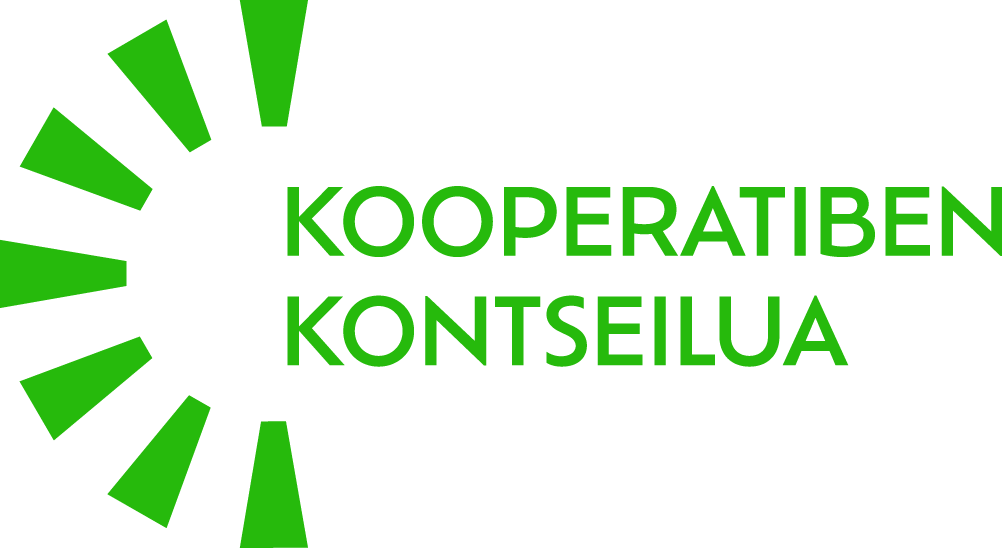The co-operative is a living, moving entity that must be able to adapt to changing times. A total of 53 people from 35 co-operatives took part in two meetings held in November 2022 and April 2023 to identify the challenges facing the co-operative movement in the Basque Country.
One of the tasks of the Higher Council of Co-operatives of the Basque Country – Kooperatiben Kontseilua over the coming years will be to continue working on identifying these challenges and seeking the best solutions to tackle them successfully.
The challenges detected at these two meetings are divided into five thematic blocks: Interaction, Self-management, Communication, Innovation and Diversity Management.
In the first block, ‘Intercooperation: the need to refine and reinvent the mechanisms of intercooperation’, the starting point was the premise that active, open, efficient and committed intercooperation is key to making cooperatives more sustainable. The need to devise new mechanisms was also stressed, creating links between co-operatives and society, as well as new forms of collaboration in the consumption of products and services.
The working groups also pointed to the need to create more flexible frameworks and to encourage inter-cooperation in collaboration with the administration. Creating networks of small co-operatives and promoting co-operation between co-operatives sharing the same space were other ideas put forward. This first challenge should be led by KonfeKoop and Kooperatiben Kontseilua.
Working on the value system
In the second thematic block, ‘Increasing the logic based on self-management, extending it and devising new mechanisms for it’, the starting point was the need to work on the system of values on which co-operativism is based, placing special emphasis on young people.
Accepting and planning the need for change, seeking opportunities to experience the co-operative outside the workplace, promoting active ageing and working on inclusion were some of the main ideas discussed.
Leadership in this challenge would fall to both KonfeKoop and Kooperatiben Kontseilua and the cooperative bodies.
Improvements in Communication, both internally and externally, is the focus of the third section. Co-operatives need to be able to communicate better, making transparency an internal communication axis, and rethinking what and how to communicate to society, as well as what mechanisms and forms to use to better reach out to young people.
Along these lines, it is necessary for the co-operatives to define a line of external communication that is open, unified and with an agreed message. MONDRAGON, KonfeKoop, Kooperatiben Kontseilua and all those working on a macro level with a joint vision must take the lead in the communication challenge.
‘Fostering innovation to respond to new social needs’ was the focus of the fourth thematic block. New business opportunities were identified in areas such as platform cooperatives, green energy, food, knowledge transfer, agro-livestock leisure and personal care. Konfekoop and Kooperatiben Kontseilua, together with public and private institutions, will lead the challenge of social innovation.
Demographic challenges and immigration
Finally, ‘Diversity management’ is the theme that focuses the fifth and last challenge for the future of Basque co-operatives. Demographic challenges and the ageing of the population, migration and the change in the value of work are the main starting points for tackling it.
Working on values, in theory and in practice, and creating a network of good practices are the main needs identified by the group. KonfeKoop, Kooperatiben Kontseilua and the cooperative bodies must take the lead in diversity management.
You can access the full document ‘Retos del cooperativismo de Euskadi’.



